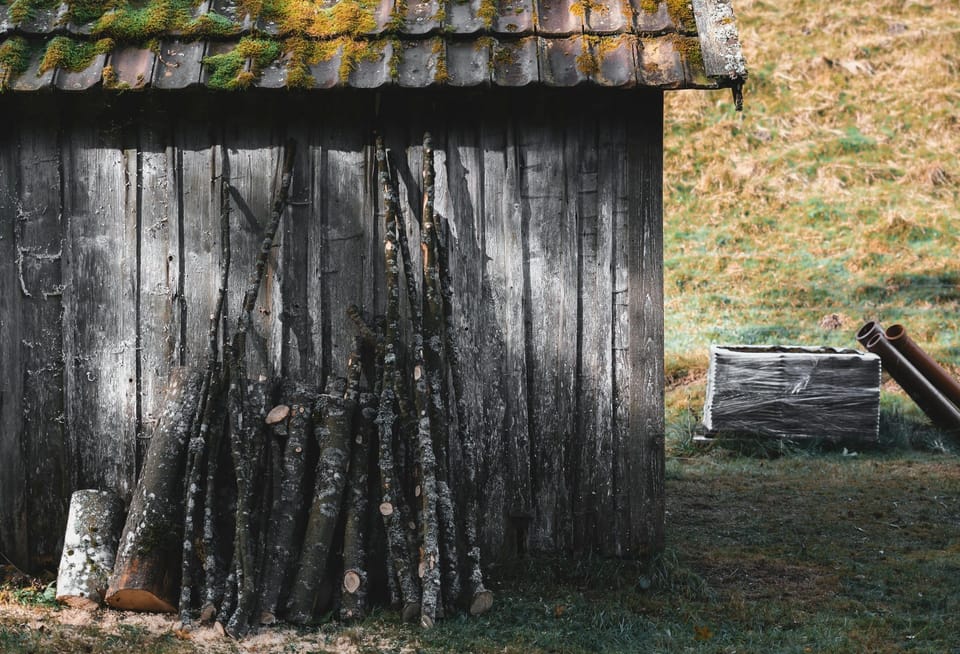Ghosts S4E2 “Sam’s Dad” – What Ghosts Do With Time (Episode Reflection)

Spoiler warning: This post contains full discussion of Season 4, Episode 2 of Ghosts (CBS). If you haven’t watched the episode yet, consider pausing here and coming back after viewing.
Somewhere between a bleeding wall and a ghost named Pete being called “Daddy,” Ghosts Season 4, Episode 2 hits its stride. It’s a sharper, funnier episode than the premiere, with stronger emotional structure and a clearer sense of thematic contrast between the living and the dead.
Sam’s reunion with her estranged father, Frank, gives the episode its emotional anchor. What begins as an awkward visit quickly reveals years of unresolved hurt. Frank wasn’t there for the big moments—birthdays, recitals, growing up—and Sam finally says so. Their moment of reconnection, modest as it is, feels honest.
This is one of the show’s strengths: it lets emotional truths exist alongside absurdity without canceling each other out.
Gesture vs. Change
The ghosts, meanwhile, continue circling in longer arcs. Their efforts at self-improvement remain largely performative—Isaac moves into the shed in an act of penance that feels more symbolic than transformative. Patience reacts to moral discomfort by making the walls bleed. There’s even a coinage for ghostly romantic avoidance: scapeghosting.
These are gestures, not breakthroughs. But that’s the nature of their condition. The dead have the luxury—and the curse—of endless time. Without the pressure of mortality, change becomes optional. It’s no wonder their arcs move more slowly, or get stuck in loops.
Still, even stalled growth has meaning. The ghosts do try, and the show respects that. Isaac’s decision, however flawed, still represents movement. Patience’s outrage expands the show’s metaphysical rules in a quietly interesting way: perhaps morality is a source of power in this world. Even if they aren't progressing, they’re not entirely static.
Humor Without Malice
Much of the humor in this episode is character-driven rather than punchline-reliant. Pete’s comfort at being called “Daddy” is hilarious, not just because of the line, but because of how little Pete understands its connotation. His unshakable innocence makes the moment land harder, and funnier.
That balance—of comedy rooted in kindness—is what gives Ghosts its charm. The show treats its characters with affection, even when mocking their habits or history. There’s no malice. Everything is normalized, from cults and messiahs to polyamorous entanglements and Victorian hang-ups. The ghosts take each other’s strangeness in stride.
Hope in the Loops
At its core, the episode quietly affirms a hopeful message: change is still possible, even after death. For the living, progress must happen within the limits of time. For the dead, the loops are longer—but not meaningless. Gesture may precede transformation, even if the transformation is slow to arrive.
Whether it’s reconciliation over a long-lost recorder solo or a puritan ghost staging divine protest in the plumbing, Ghosts finds small beauty in the bizarre. And it suggests, gently, that trying still counts—even if it doesn’t quite get you there yet.
To return to the episode index, please click here.



Comments ()